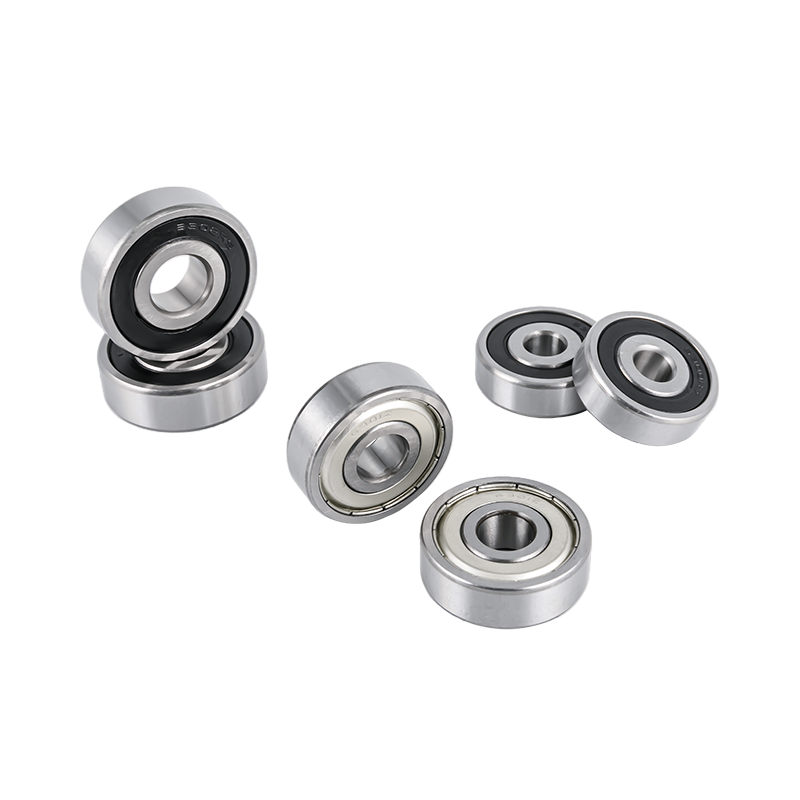Low noise bearings are specialized components designed to provide smooth and quiet operation in various applications. This article explores the features and benefits of low noise bearings, highlighting their noise reduction capabilities and performance advantages.
Noise Reduction Technology:
Low noise bearings are engineered with innovative technologies to minimize noise and vibration during operation. These bearings employ noise-reducing features such as optimized internal geometries, advanced sealing systems, and specialized lubrication. These design elements work together to dampen noise, resulting in quieter and more comfortable working environments.
The internal geometries of low noise bearings are carefully designed to reduce friction and vibration, which are major contributors to noise generation. Precision engineering and manufacturing techniques ensure tight tolerances and proper alignment, minimizing irregularities that can cause noise during rotation.
Advanced sealing systems incorporated in low noise bearings provide effective protection against dust, dirt, and moisture intrusion while reducing frictional noise. Specialized lubrication further enhances their noise reduction capabilities by reducing friction and wear between the bearing components.
Performance Advantages:
Low noise bearings not only provide reduced noise levels but also offer exceptional performance advantages. These bearings maintain their load-carrying capacity, rotational speed, and overall durability, ensuring reliable and efficient operation in various applications.
The noise reduction features of low noise bearings do not compromise their load-bearing capabilities. They maintain the ability to support heavy loads, withstand high speeds, and operate under demanding conditions without sacrificing performance.
Additionally, low noise bearings contribute to improved overall system efficiency. By reducing friction and minimizing energy losses due to noise and vibration, these bearings help optimize energy consumption and enhance the overall efficiency of the machinery or equipment in which they are utilized.

A low noise bearing is a benefit of a precision machine. Precision ball bearings have a low friction coefficient and a high-precision surface. As a result, they reduce energy consumption, noise, heat, and wear. They are economical and exchangeable machine elements and are suitable for high-speed applications. The deep groove ball bearing features full shoulders on its raceways, which allow seals to be added easily and reduce noise.






